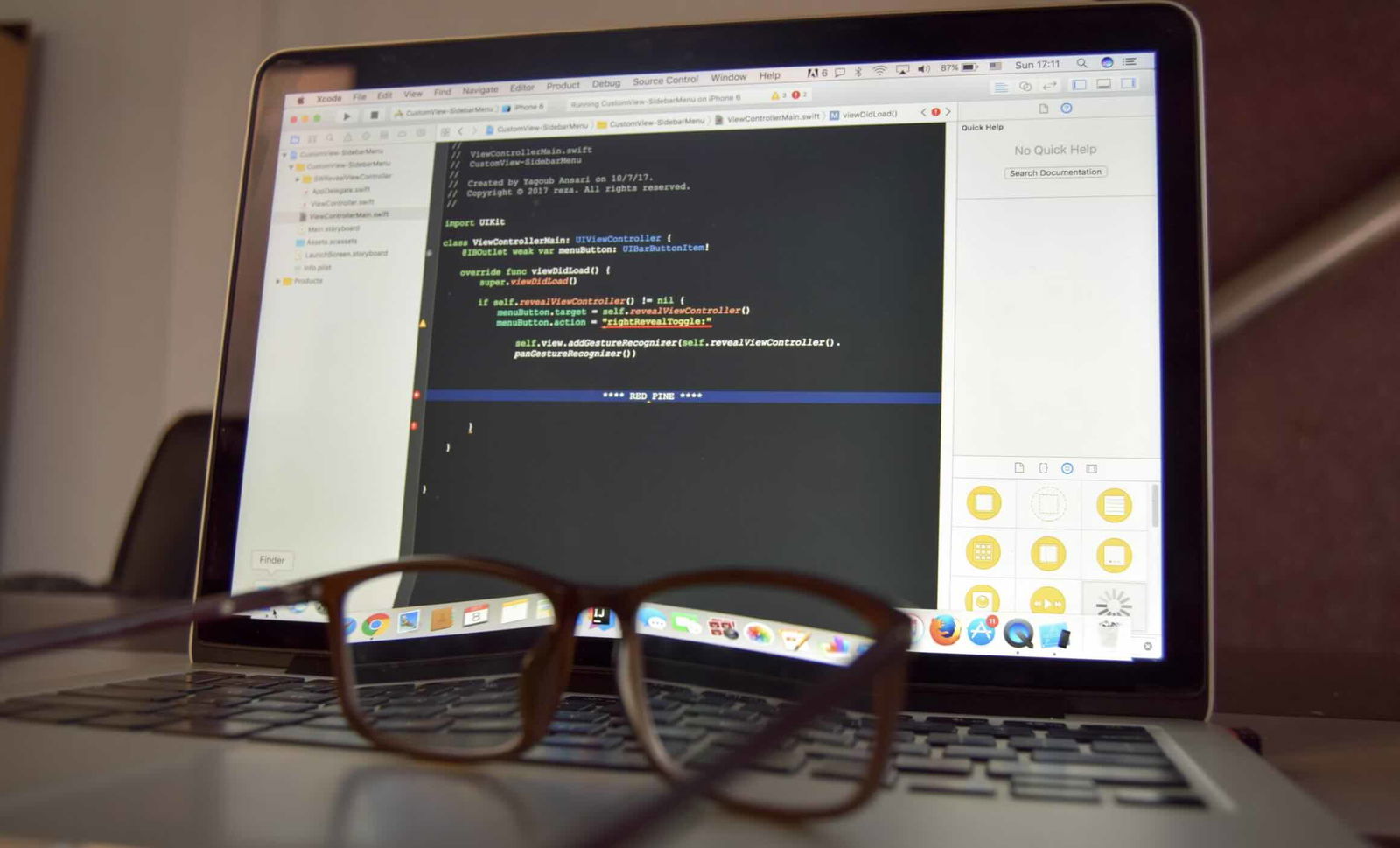Researchers from the University of Reading and King’s College London are challenging past ideas about what constitutes the ideal computer whiz student among young people, upending stereotypes over those who have traditionally been called “computer geeks.”
The findings, published in Educational Review, challenge the previous stereotypes and highlight that young people now value a broader range of characteristics, including creativity and collaboration, in aspiring computer scientists.
“This is good news for widening participation in computer science education,” explained Professor Billy Wong, one of the researchers on the study, in a recent press release. “Stereotypes exist for a reason but can be a powerful deterrent to participation by some underrepresented groups. Our findings show that young people recognize the importance of being knowledgeable and hardworking in computer science, and they also value softer traits such as creativity and collaboration. This challenges the popular stereotype of computer scientists as simply being ‘clever’ but socially challenged.”
Determining Computer Smarts
To understand how the younger generations see “computer whizzes,” the researchers analyzed survey responses from over 3,000 secondary school students aged 11-16 across England, totaling around 9,000 responses.
While intelligence remains an important trait, the study found that young people see a much wider spectrum of qualities as essential for success in computer science. These include traits often associated with the arts or humanities, such as creativity, as well as the ability to work effectively with others—a significant departure from the solitary, “geeky” image that has historically been associated with the field.
From their analysis, the researchers identified eight key clusters of characteristics that young people associate with the ideal computer science student: smart and clever, knowledgeable and interested, determined and hardworking, kind and helpful, creative, independent, confident, and collaborative. Characteristics such as “confident,” “kind,” and “collaborative” seem to challenge pop-culture stereotypes directly.
Notably, students who aspired to careers in computer science were more likely to value these diverse traits, suggesting that those with a genuine interest in the field can see beyond the traditional image of a computer scientist. This is especially important for women pursuing a career in computer science, as only 18% of computer science bachelor’s degrees awarded in the U.S. are given to women.
A Gendered View of Computer Geeks
Interestingly, the research also revealed gender and socio-economic differences in how these traits are valued. For example, girls were more likely to describe the ideal computer science student as independent but less likely to see them as kind and helpful.
As universities work to attract more women into computer science programs, understanding how younger generations, who will soon enter college and later enter the workforce, view these stereotypes is key to ensuring that these individuals are included in the larger community. As the number of women working in computer science jobs has dropped from 35% in 1990 to 26% in 2023, it is becoming more imperative to attract women into these careers, which can be done by redefining what a “computer geek” looks like to include more individuals rather than stereotypes.
Additionally, students from less advantaged backgrounds tended to place a greater emphasis on intelligence as the key trait for success in computer science, potentially reflecting a more traditional view of the field.
“These insights can help educators and policymakers promote a more inclusive image of computer science,” added Professor Wong. “By highlighting the diverse skills valued in the field, we can encourage more young people to see themselves as potential computer scientists.”
Kenna Hughes-Castleberry is the Science Communicator at JILA (a world-leading physics research institute) and a science writer at The Debrief. Follow and connect with her on X or contact her via email at kenna@thedebrief.org

